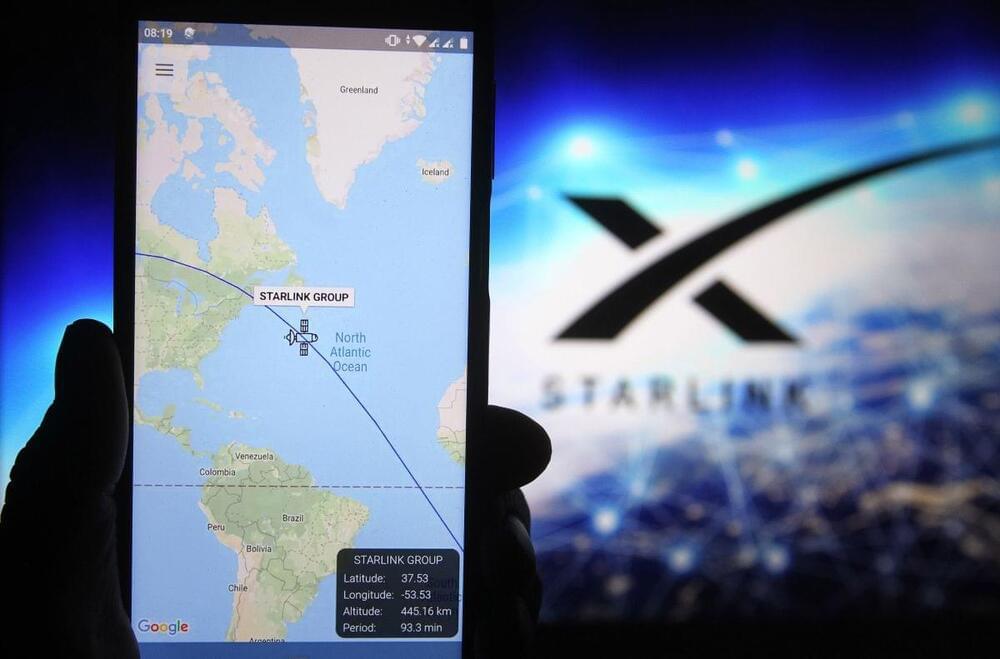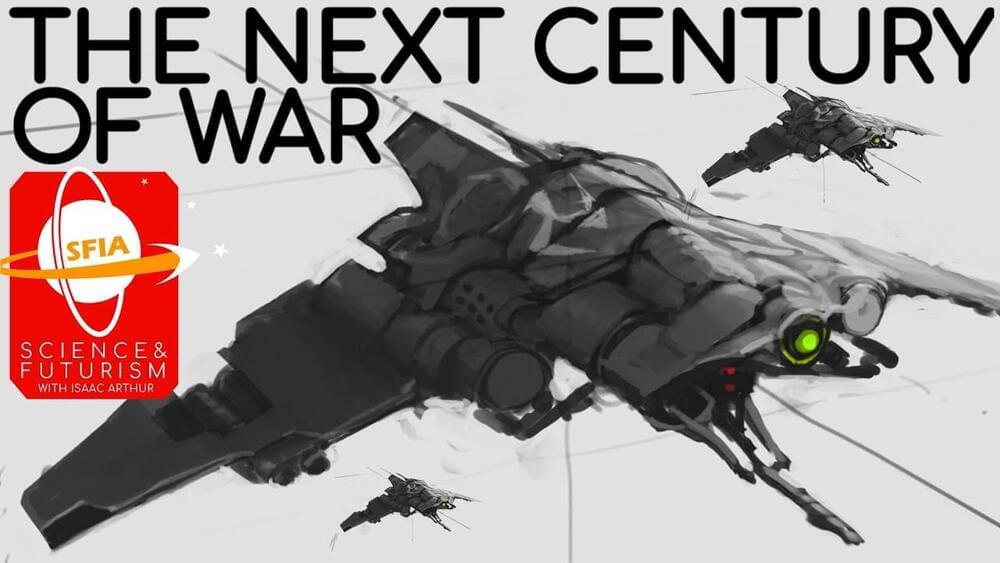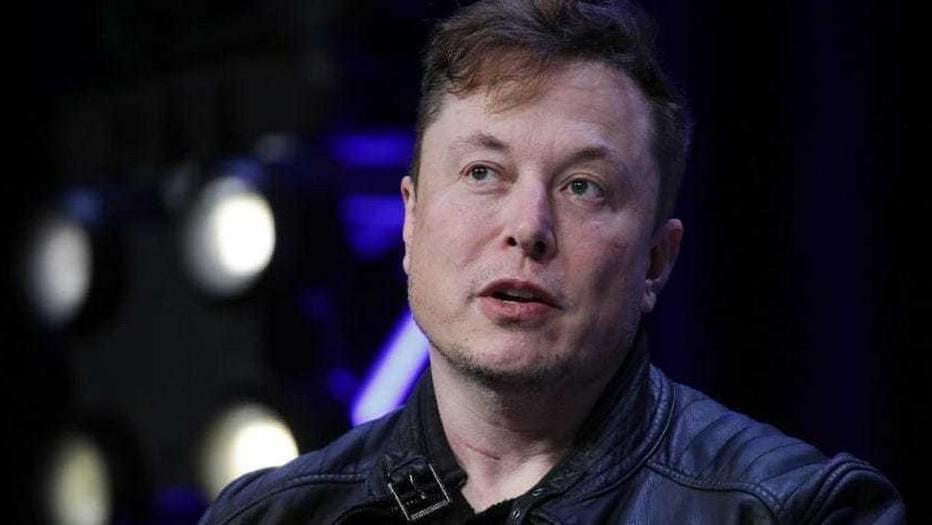Jul 8, 2022
Record-setting quantum entanglement connects two atoms across 20 miles
Posted by Genevieve Klien in categories: internet, particle physics, quantum physics
Researchers in Germany have demonstrated quantum entanglement of two atoms separated by 33 km (20.5 miles) of fiber optics. This is a record distance for this kind of communication and marks a breakthrough towards a fast and secure quantum internet.
Quantum entanglement is the uncanny phenomenon where two particles can become so inextricably linked that examining one can tell you about the state of the other. Stranger still, changing something about one particle will instantly alter its partner, no matter how far apart they are. That leads to the unsettling implication that information is being “teleported” faster than the speed of light, an idea that was too much for even Einstein, who famously described it as “spooky action at a distance.”
Despite its apparent impossibility, quantum entanglement has been consistently demonstrated in experiments for decades, with scientists taking advantage of its bizarre nature to quickly transmit data over long distances. And in the new study, researchers from Ludwig-Maximilians-University Munich (LMU) and Saarland University have now broken a distance record for quantum entanglement between two atoms over fiber optics.

















